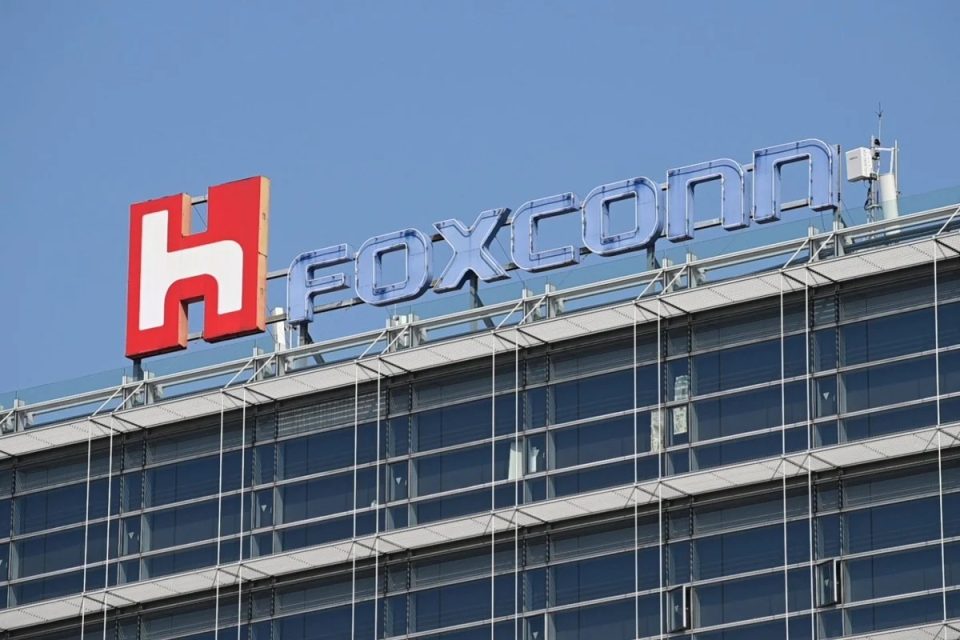On Friday, Taiwan’s Foxconn, the world’s largest contract electronics maker, said its subsidiary in China has agreed to sell its entire stake in troubled Chinese chip conglomerate Tsinghua Unigroup.
Taiwan is wary of China’s ambitions to boost its semiconductor industry and is tightening legislation to prevent China from allegedly stealing its chip technology.
Apple’s leading supplier and iPhone maker Foxconn disclosed in July that it was a shareholder in Tsinghua Unigroup.
People familiar with the matter have told Reuters that Foxconn did not seek approval from the Taiwanese government before investing, which authorities believe violated laws governing Taiwan’s relationship with mainland China.
Foxconn said in a late-night statement to the Taipei Stock Exchange that Xingwei, 99% controlled by Foxconn Industrial Internet Co Ltd, a listed entity in China, has agreed to sell its holding for at least 5.38 billion yuan ($772 million).
Xingwei holds a 48.9% stake in another entity, 20% of which owns all the shares of Tsinghua Unigroup.
Foxconn did not explain the decision in the document. Neither Foxconn nor Tsinghua Unigroup immediately responded to requests for comment on Saturday.
Foxconn said in August it had a plan B if the Taiwanese government did not approve the investment but gave no details at the time.
Taiwanese law says the government can ban investments in China “based on national security and industrial development”. Violators may be fined repeatedly until remedied.
Foxconn, formally known as Hon Hai Precision Industry Co Ltd, is particularly keen on making car chips as it forays into the electric vehicle market.
The company seeks to acquire chip factories worldwide as a global shortage of chips rattles makers of everything from cars to electronics.
Taipei prohibits companies from building state-of-the-art foundries in China to ensure they do not deploy their best technology overseas.
The Taiwanese government has been extra wary of China since Beijing began holding regular military exercises near the island to assert its sovereignty three years ago, including a missile warfare drill in August.
Originating from China’s prestigious Tsinghua University, Tsinghua Unigroup has become the domestic champion of China’s lagging chip industry over the past decade.
But the company ran into debt under former chairman Zhao Weiguo, prompting it to default on multiple bond payments in late 2020 and eventually face bankruptcy. The group has yet to produce any global leaders in the semiconductor industry.





